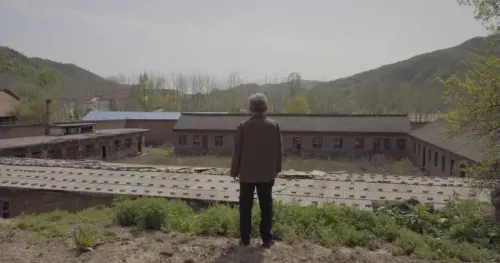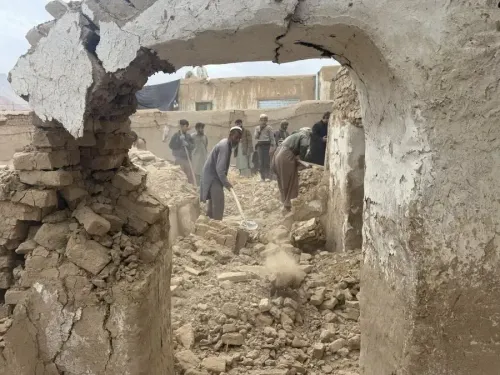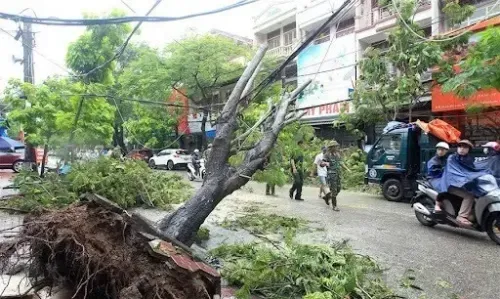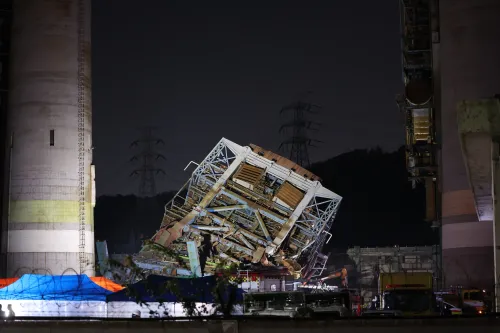Is a Heat Wave Sweeping Across North Korea?
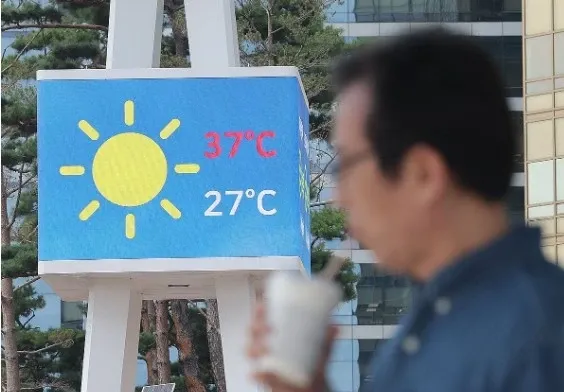
Synopsis
Key Takeaways
- North Korea is experiencing a severe heat wave.
- Daytime high temperatures are projected to reach 34 degrees Celsius.
- The government is advising citizens to avoid outdoor activities.
- Air conditioning usage is limited due to energy shortages.
- Public construction projects are suspended during this heat wave.
Seoul, July 9 (NationPress) A scorching heat wave is impacting North Korea, with daytime temperatures in the capital projected to soar to 34 degrees Celsius, state media reported on Wednesday.
The morning temperature in Pyongyang was recorded at 25 degrees Celsius, which is about 4 degrees Celsius above the usual average. The Korean Central Broadcasting Station forecasts that the day's high could reach 34 degrees Celsius.
In South Korea, a tropical night is defined as a night when temperatures do not dip below 25 degrees Celsius between 6:01 PM and 9 AM the next morning.
The broadcasting network anticipates that highs may hit 35 degrees Celsius in Kaesong, which is near the inter-Korean border, 34 degrees Celsius in the central city of Pyongsong, and 33 degrees Celsius in the northwestern city of Sinuiju.
The average relative humidity could also reach 70 percent during the day, contributing to the oppressive weather.
As the heat wave tightens its grip on North Korea, the government is advising citizens to refrain from outdoor activities and to seek shade whenever possible.
According to the country's most widely circulated newspaper, Rodong Sinmun, the organ most affected during the summer is the heart. It suggested certain herbs and berries as beneficial for heart health and reducing fatigue in the summer heat.
Chronic energy shortages typically hinder the general populace in North Korea from using air conditioning, which is generally available only in public institutions, communal areas, or the homes of elite citizens, as reported by Yonhap news agency.
Amid limited energy access, some affluent individuals are reportedly importing solar panels from China to power high-capacity fans, while the use of air conditioning remains rare in typical households.
Moreover, the government has advised relevant agencies to halt public construction projects during the heat wave, as announced by the finance ministry on Wednesday, just one day after record-high temperatures were noted in Seoul.
The Ministry of Economy and Finance has issued guidelines to mitigate heat-related safety incidents at public institutions, according to ministry officials.
The ministry stated that any extra costs resulting from the suspension of work should be covered by extending the contract duration and increasing the contract sum.
On Tuesday, the temperature in Seoul surged to 37.7 degrees Celsius, marking the highest temperature recorded for early July in the capital since record-keeping commenced in 1908, according to the state weather agency.

